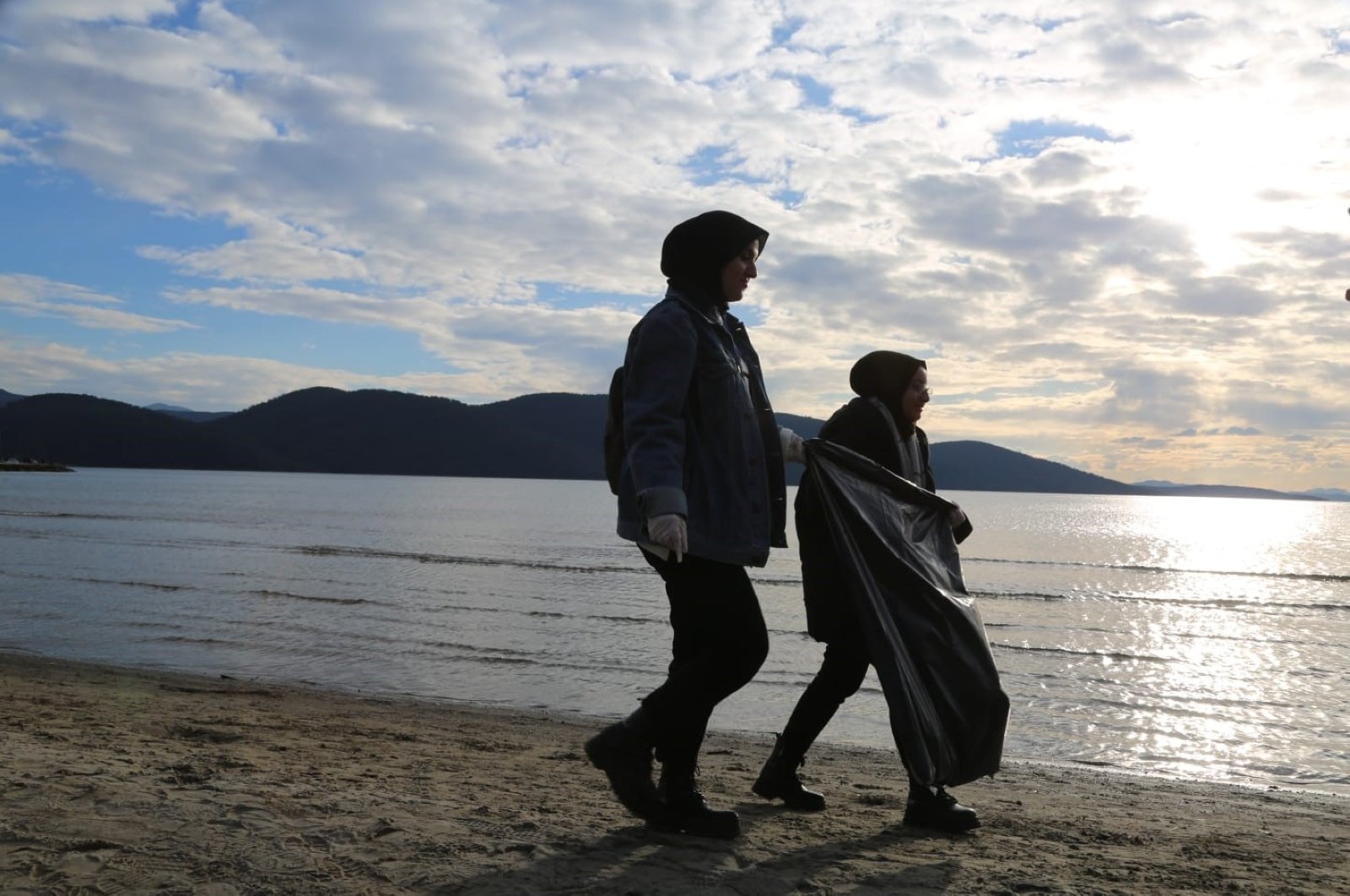
In a bid to elevate the social responsibility levels of students, the Ministry of National Education has recently introduced the Social Responsibility Program and Lifelong Learning Certification. This initiative aims to foster a sense of responsibility and civic engagement among students while promoting continuous learning throughout their lives.
According to the Ministry, the activities incorporated into the social responsibility program, outlined in a newly released directive, are designed to cultivate students as individuals who respect themselves, their families and society. The program encourages students to be sensitive to social issues and instills a commitment to contributing positively to nature, the environment, objects, goods and all living creatures.
The overarching goals of the program include the development of effective communication skills, boosting self-confidence and fostering research, scientific, critical and creative thinking among students. Adopting a student-centered approach, the program also aims to equip students with essential competencies such as leadership, teamwork, and coordination.
Activities outlined in the social responsibility program will focus on reflecting the corporate culture and school climate, contributing to developing the school's corporate identity. The directive envisions the establishment of "social responsibility clubs" in schools, approved by the teachers' board.
These clubs are envisioned as hubs for various social responsibility activities conducted in a teamwork format. Students from different grade levels, branches and even different schools will have the opportunity to collaborate within these clubs, promoting a diverse and inclusive approach to community engagement.
In the planning and implementing out-of-school activities, tasks or projects, care will be taken not to disrupt the normal functioning of the institution and organization where the work will be carried out.
The institutions and organizations to cooperate within the social responsibility program will be determined by the governorship or district governorship upon the proposal of the provincial or district coordinators' board. Activities within the scope of the social responsibility program in terms of their subject and within the cooperation protocols made by the ministry will also be evaluated within this scope.
According to the directive, students will carry out at least 40 hours of activities within the scope of the social responsibility program during their secondary education.
Activities within the scope of the social responsibility program will be implemented as 20 hours in vocational and technical secondary education programs and each hour within this scope will be evaluated as 60 minutes. These activities will not be evaluated with points but documented upon students' graduation.
These documents will be recorded in the "Social Activity Module" in the e-School system and included in the student development file.
